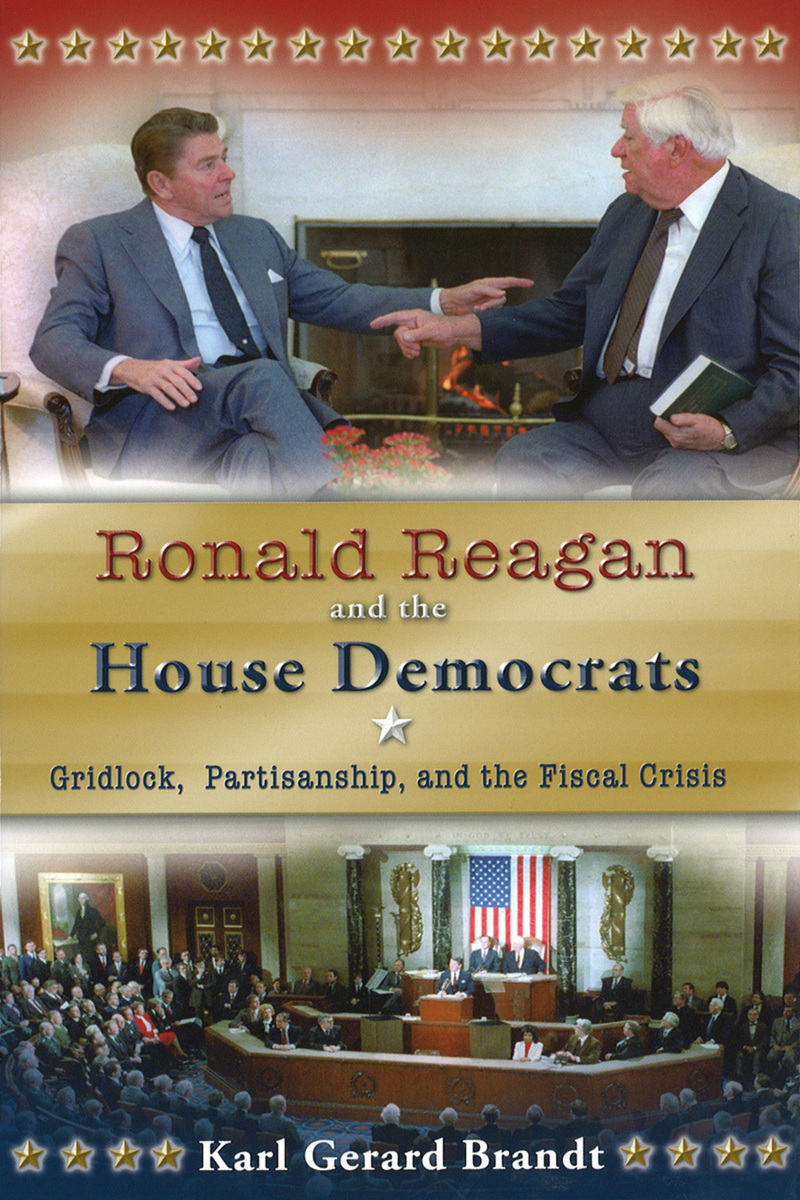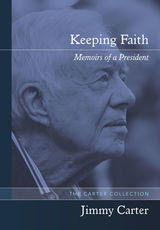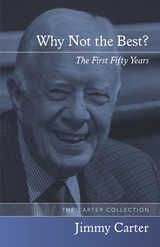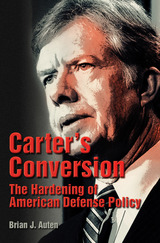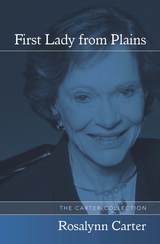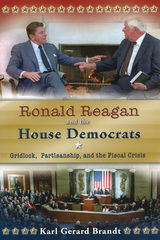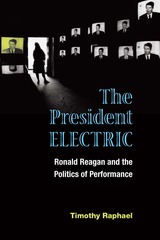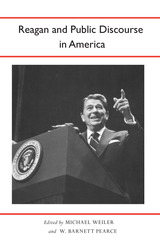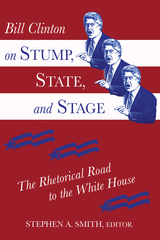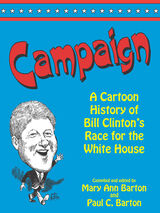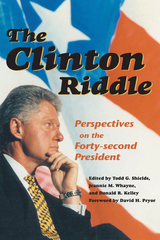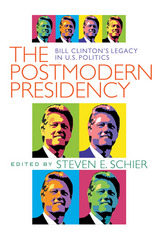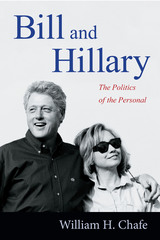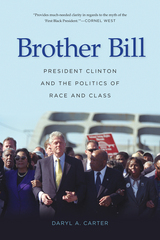Ronald Reagan and the House Democrats: Gridlock, Partisanship, and the Fiscal Crisis
University of Missouri Press, 2009
Cloth: 978-0-8262-1835-3 | eISBN: 978-0-8262-7191-4
Library of Congress Classification E877.2.B73 2009
Dewey Decimal Classification 973.927092
Cloth: 978-0-8262-1835-3 | eISBN: 978-0-8262-7191-4
Library of Congress Classification E877.2.B73 2009
Dewey Decimal Classification 973.927092
ABOUT THIS BOOK | AUTHOR BIOGRAPHY
ABOUT THIS BOOK
When Democrats in the House of Representatives locked horns with President Ronald Reagan over the latter’s fiscal policies, the ensuing conflict reinforced the seismic shift in the political landscape that the 1980 election had brought. Karl Brandt now tells the story of how the New Deal Democratic coalition was able to sustain itself in the face of an unprecedented Republican assault—in a conflict whose reverberations are still being felt today.
After a bipartisan conservative House coalition passed Reagan’s budget and tax cuts in 1981, conservative Democrats became worried about the increasingly large deficits produced by Reaganomics and questioned the administration’s spending priorities. In one of the few studies of congressional politics in the 1980s, Brandt describes the House Democratic leadership’s efforts to rebuild party unity while facing challenges from conservative Democrats, the Reagan administration, and the emerging fiscal crisis. He tells how Democrats worked hard to rein in party conservatives, to craft consensus-oriented policies palatable to all Democrats, and over the coming years to force the president and the Senate to compromise over fiscal policy.
Drawing on primary source materials unavailable in the 1980s—including transcripts from closed-door meetings and internal House documents—Brandt chronicles the events that resulted in the deepening of the fiscal crisis, examines the growth of an intensely partisan political environment, and provides insight into the dynamics of creating a national budget. He cuts through conservative rhetoric to show how Reagan’s fiscal policies deepened federal deficits and reveals how the partisan struggles of the Reagan years redefined the Democrats along more centrist lines.
When the dust had settled, the Democratic Party had become more unified in the face of budget conflict and had proved that it could practice fiscal conservatism and make tough budget choices when necessary. Carefully argued and thoroughly researched, Brandt’s work brings historical perspective to this important chapter in recent history as it explores conflicting visions of the economy, American society, and the very future of the nation.
See other books on: 1981-1989 | Conservatism | Conservatism & Liberalism | Political parties | United States. Congress. House
See other titles from University of Missouri Press
